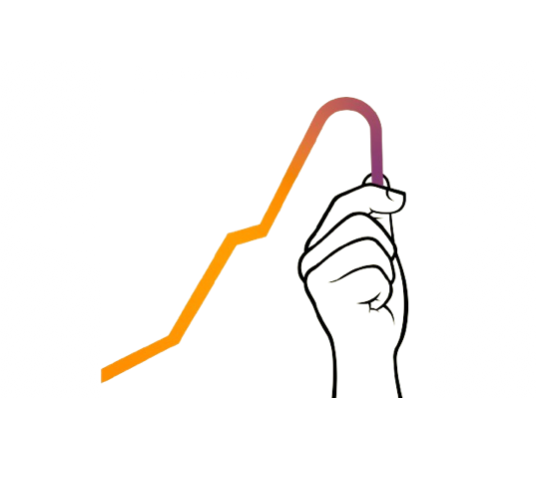No species other than humans, as a collective species, have a significant impact on the Earth’s climate system to the extent that humans do. While various organisms and ecosystems play roles in shaping local and regional climates, their impact on the global climate system is relatively minor compared to human activities.
For example, ecosystems like forests and oceans can act as carbon sinks, absorbing and storing carbon dioxide, but their capacity to do so is limited. While some natural processes, like volcanic activity and certain types of bacteria releasing trace amounts of greenhouse gases, can influence the atmosphere, these processes do not contribute on the scale of human activities.
Human activities, particularly the emission of greenhouse gases through burning fossil fuels, deforestation, and industrial processes, have led to a rapid increase in greenhouse gas concentrations in the atmosphere. This has disrupted the natural balance of the Earth’s climate system and is the primary driver of the current phase of global warming and climate change.
While various species and ecosystems interact with and respond to changes in climate, the overarching changes observed in recent decades are largely driven by human actions. It’s important to recognize that the scale and speed of human influence on the climate system distinguish it from natural processes and other species’ contributions.

